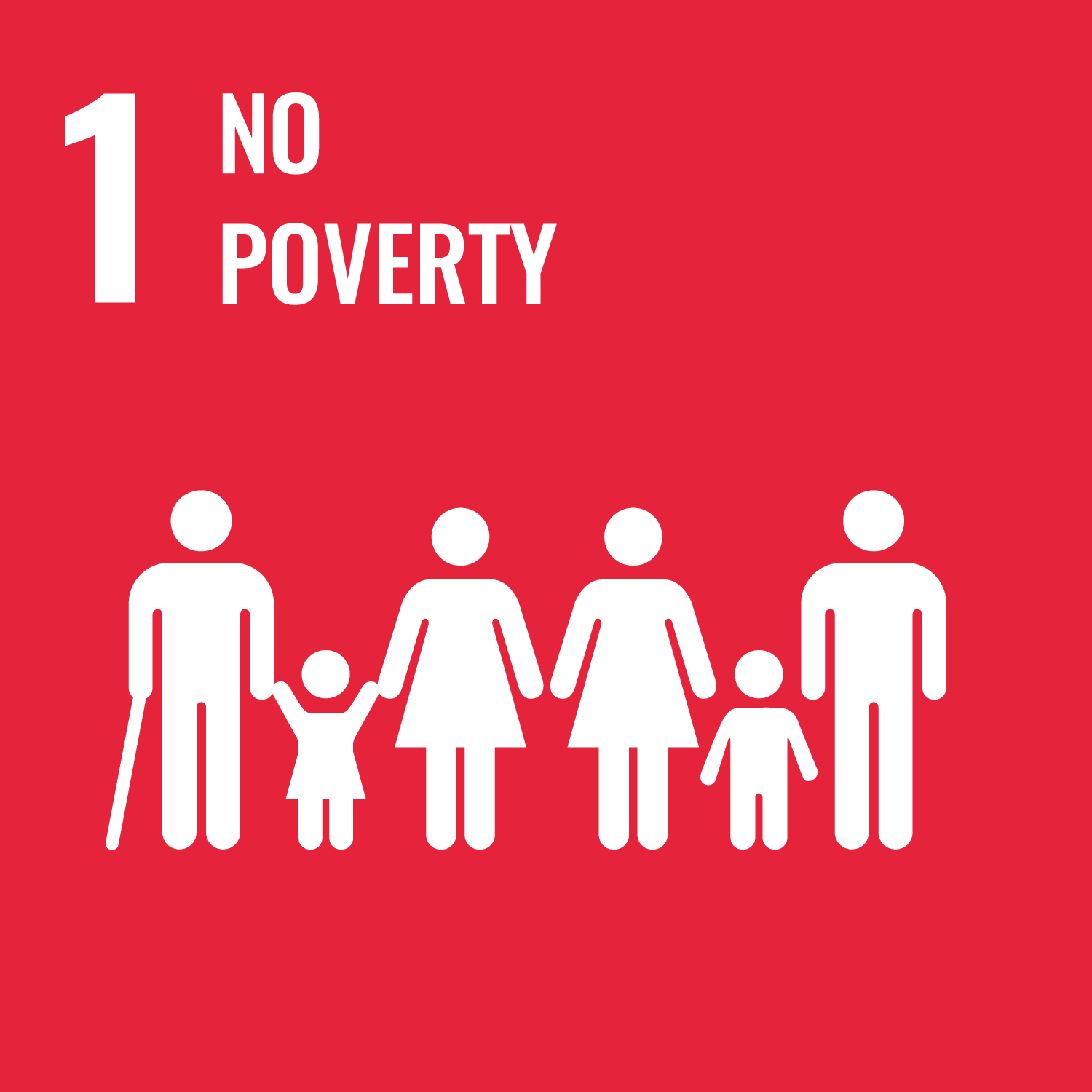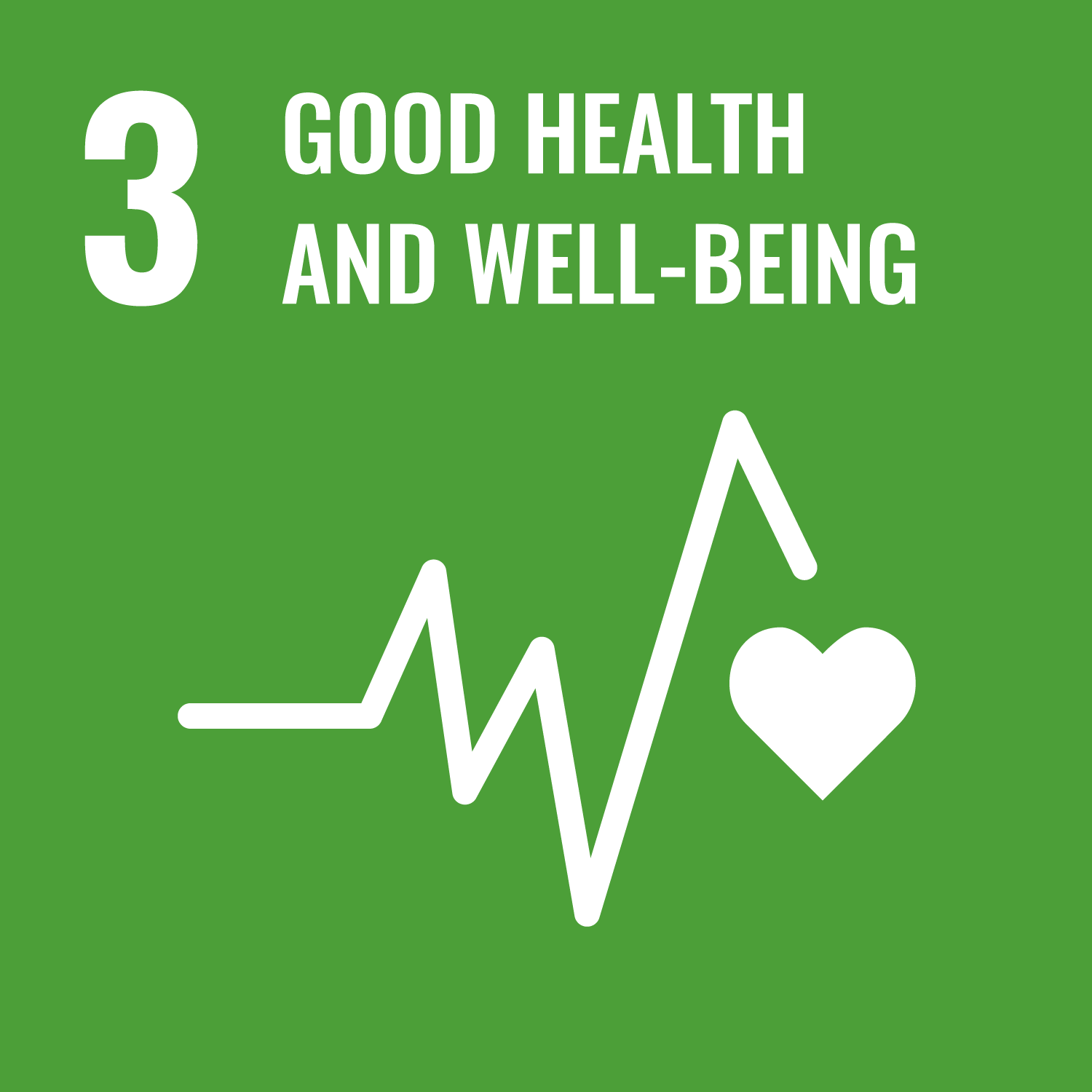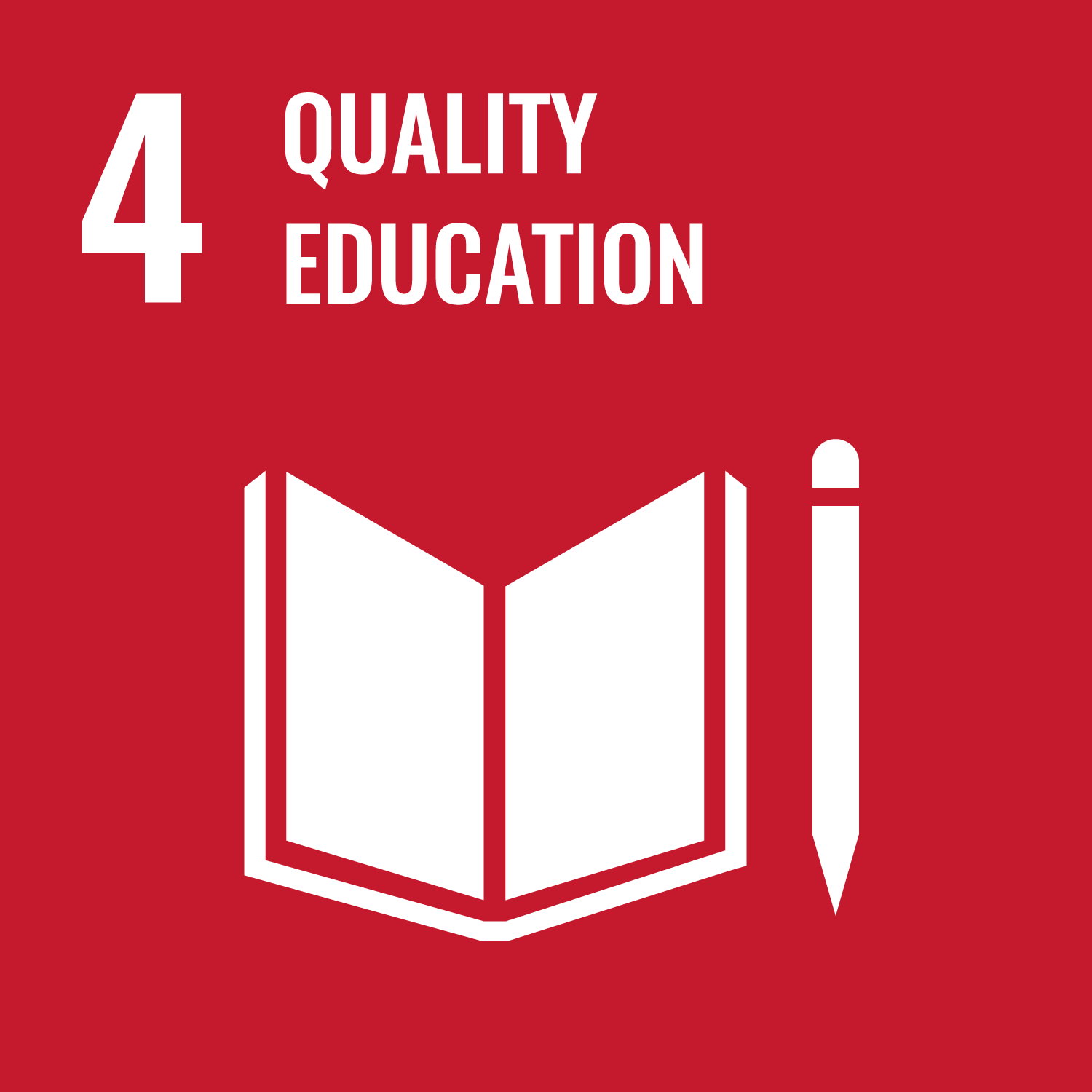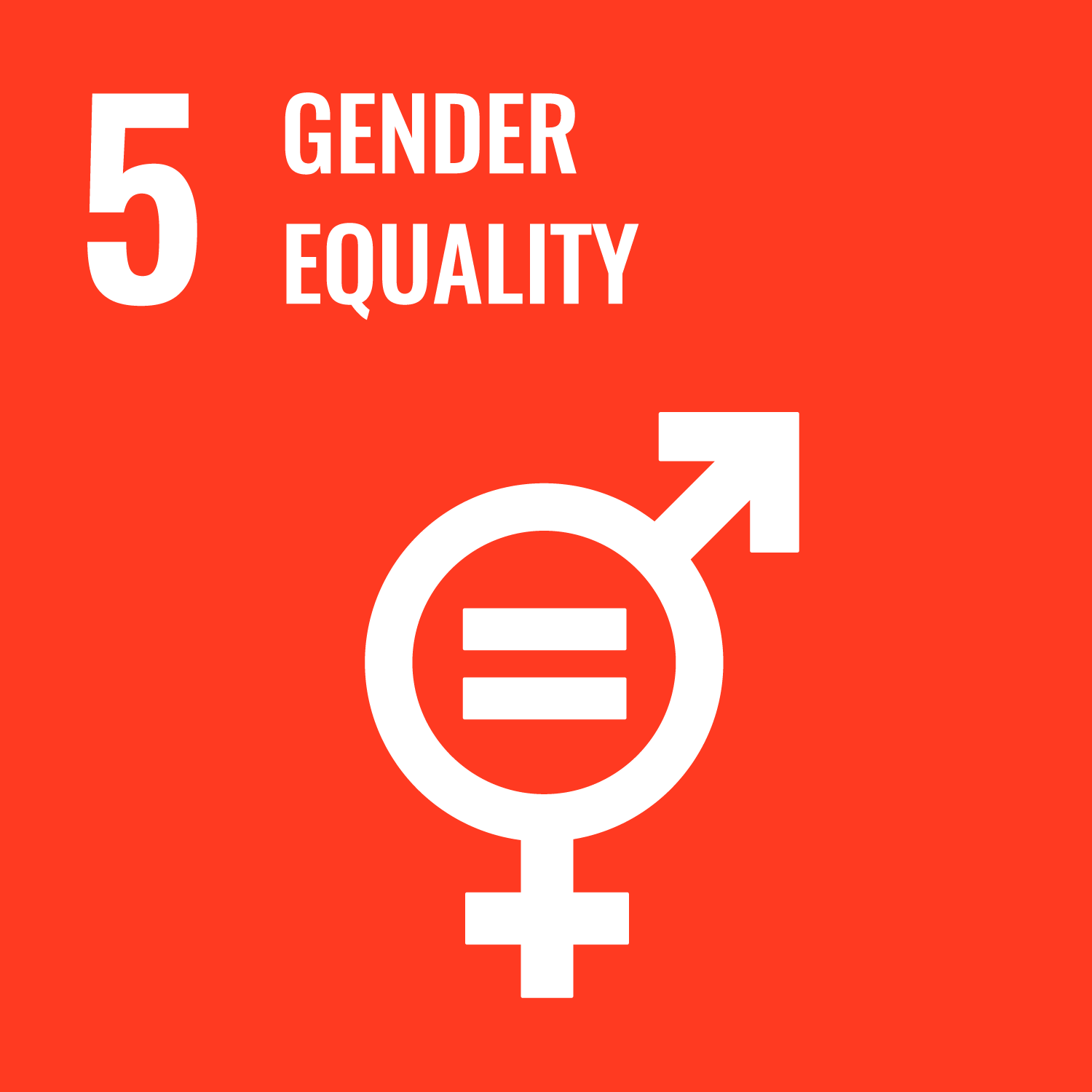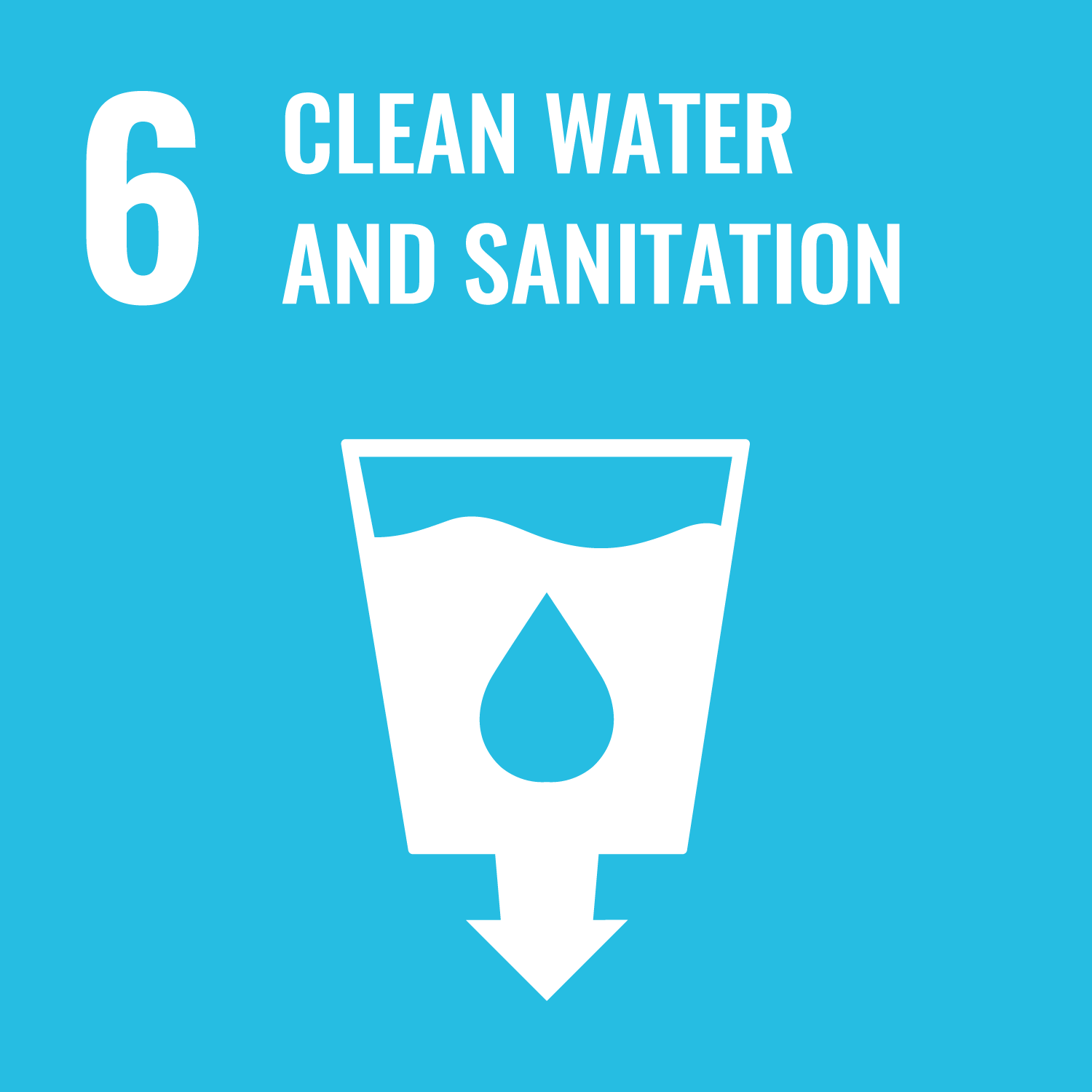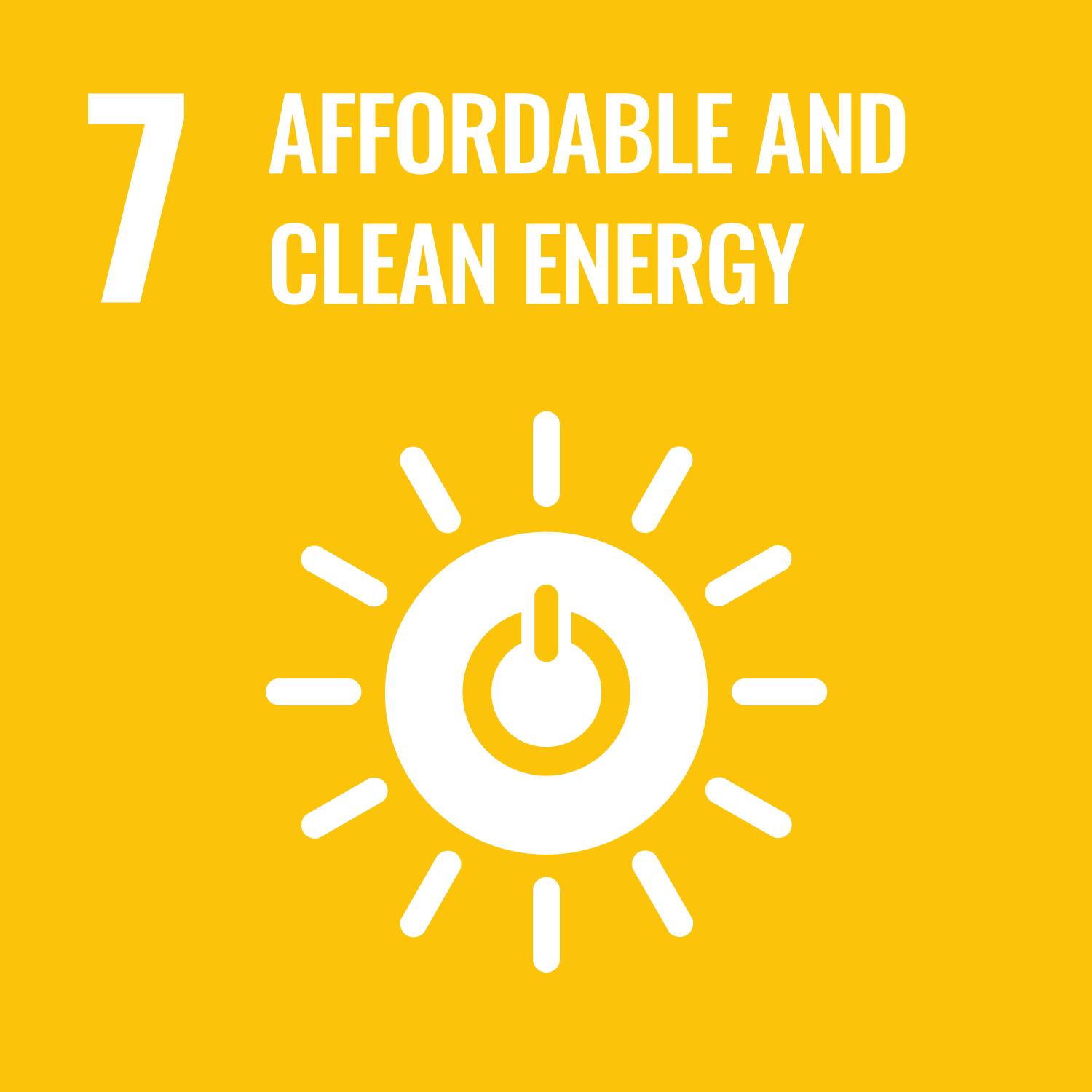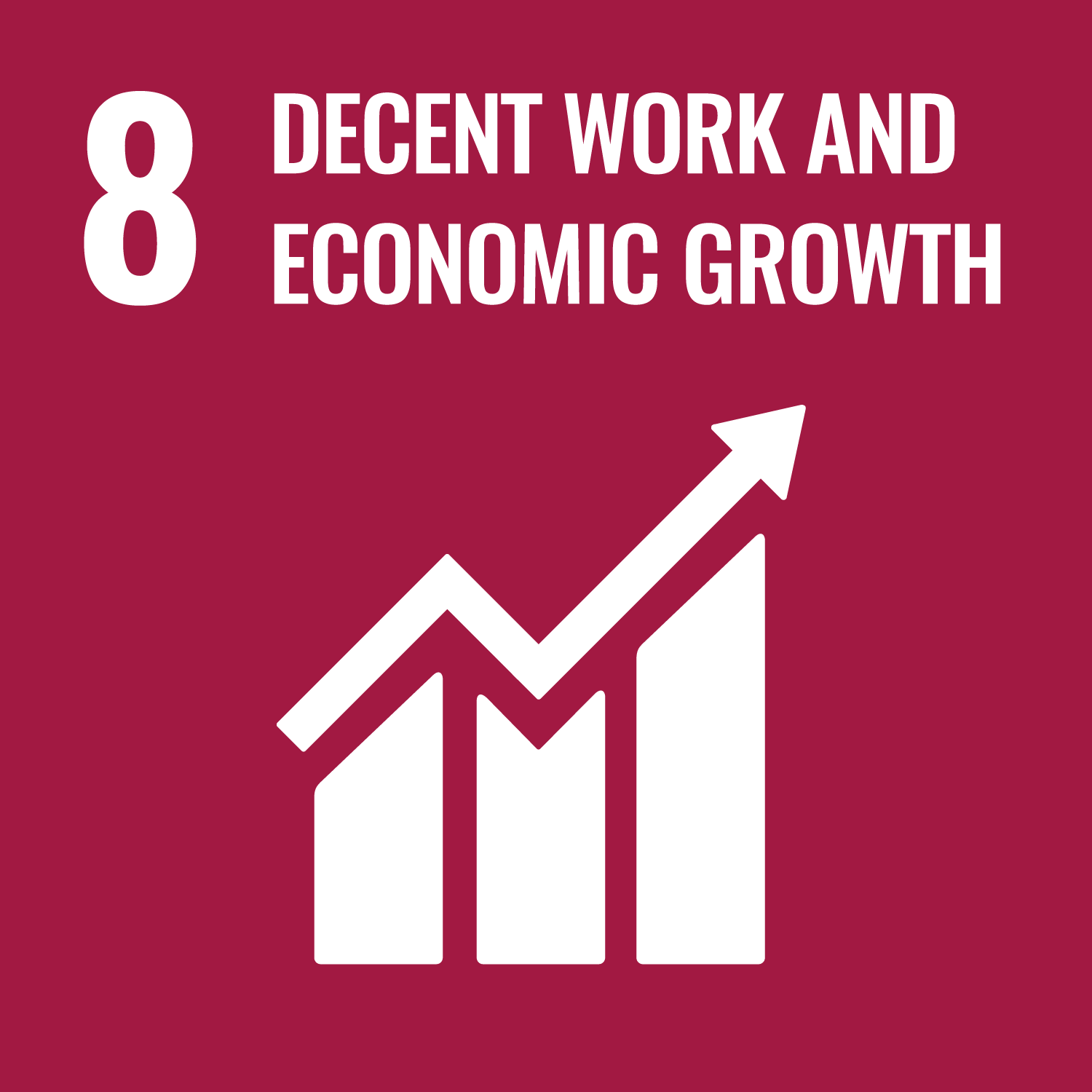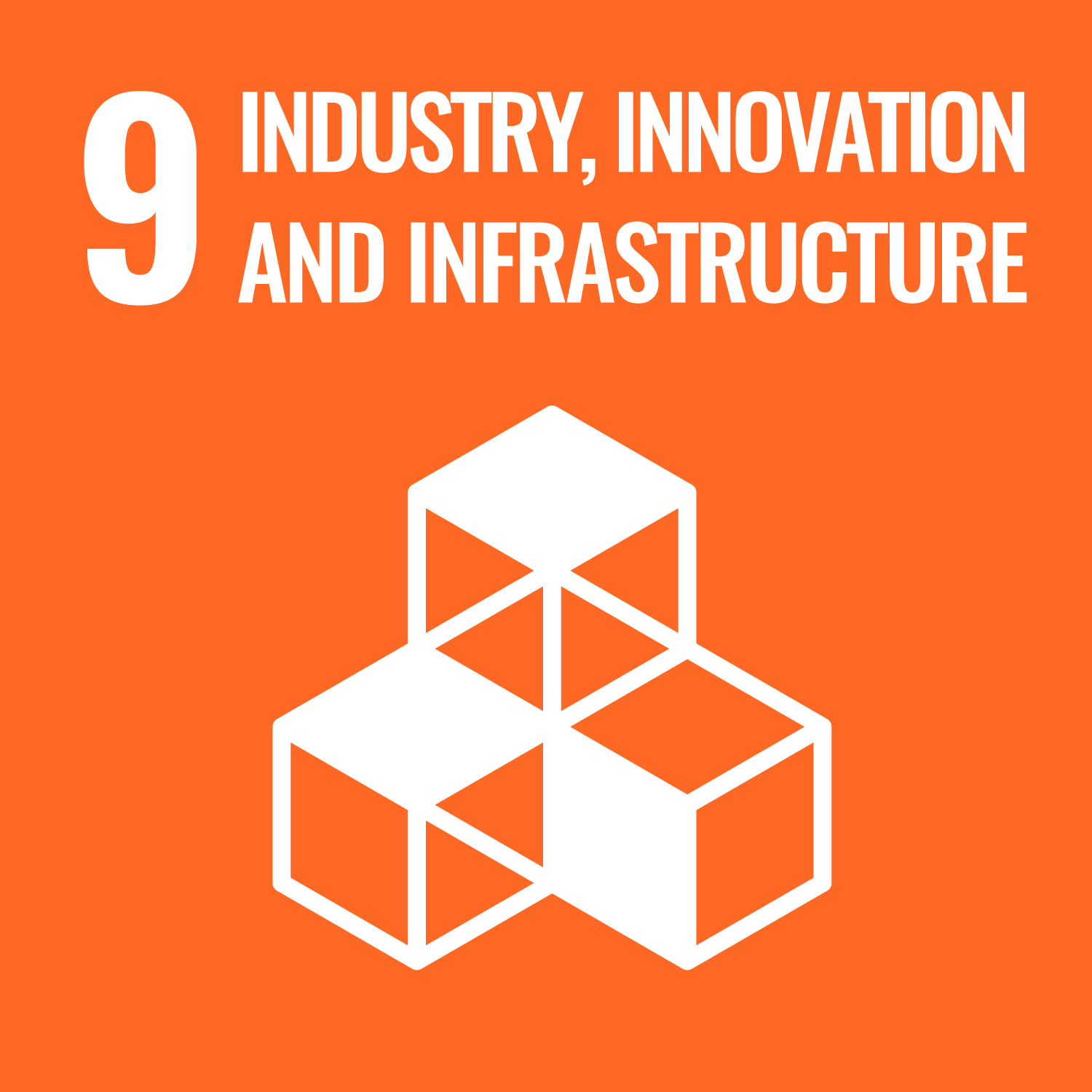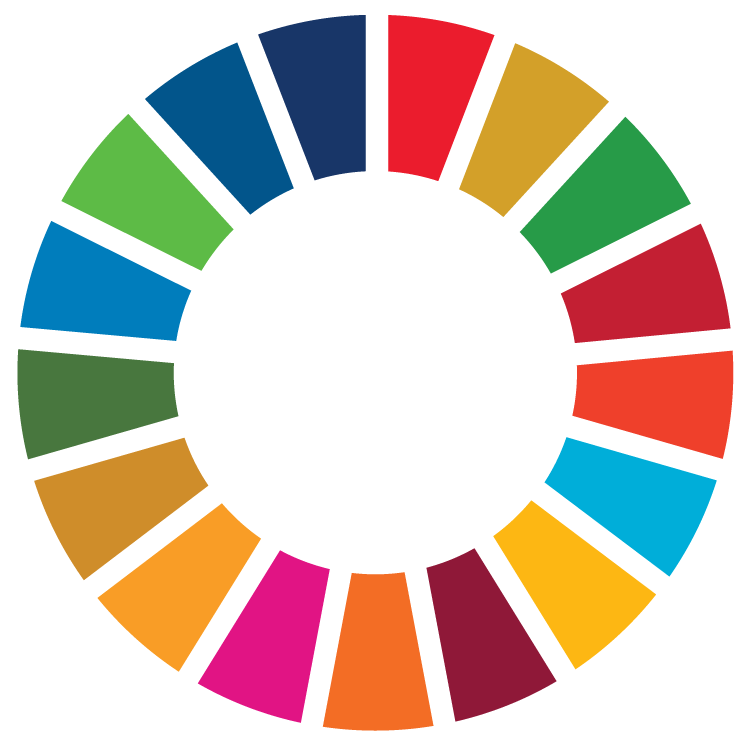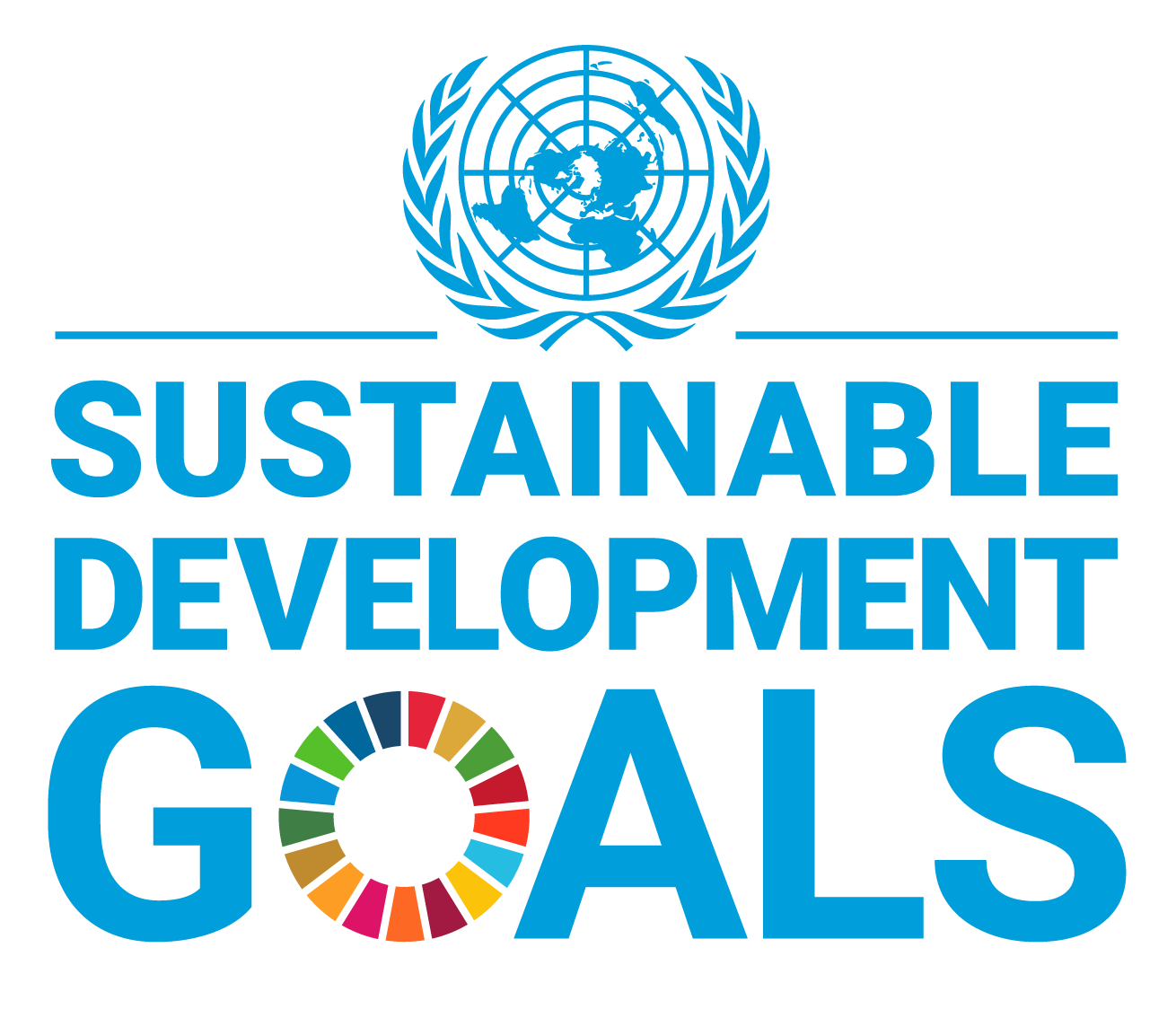- Beranda
- Tentang Kami
- Akademik
- Kemahasiswaan
- Riset
- Unit Layanan Fakultas
- LPPKM
- SDGs Initiatives
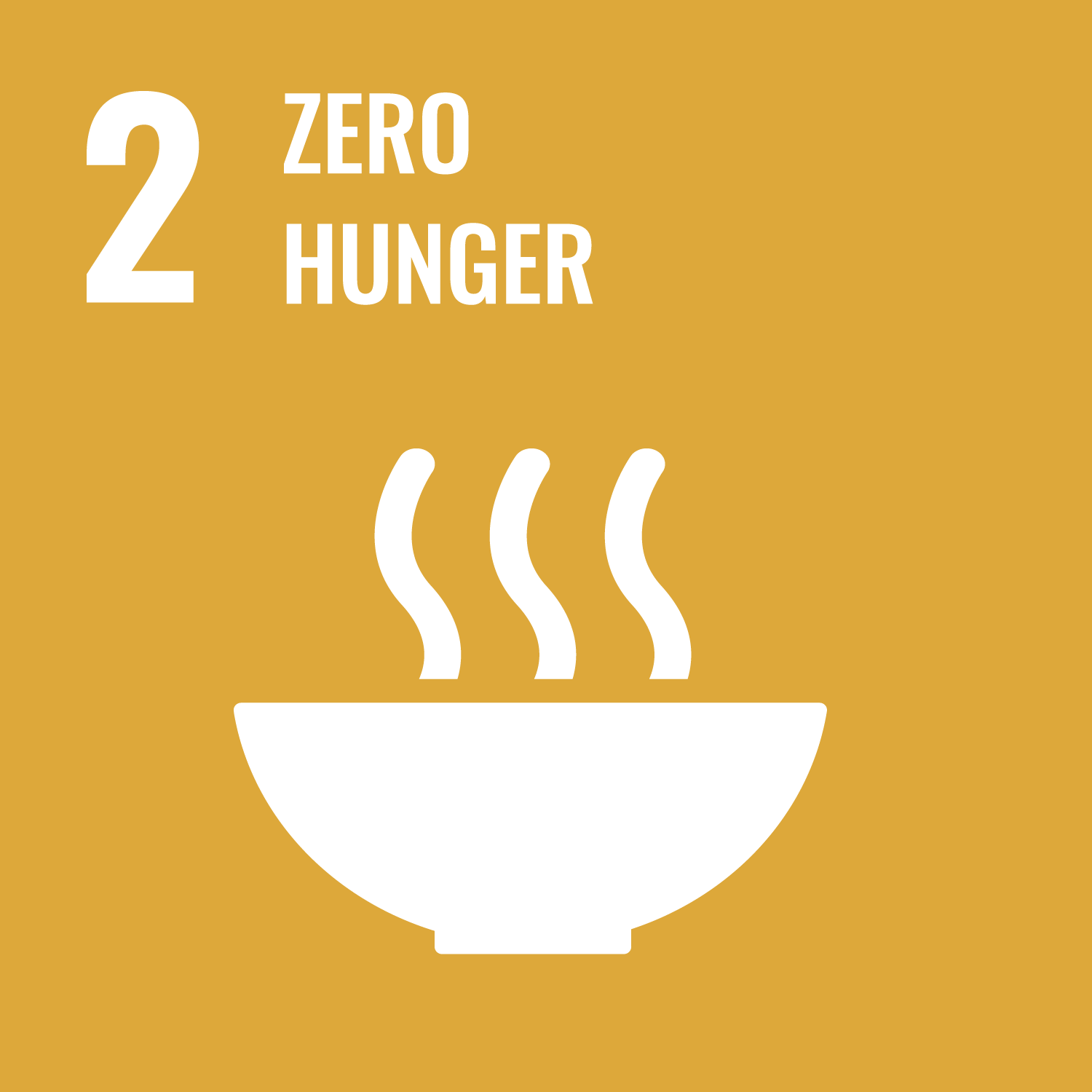

In 2023, campus food waste tracking was measured from the Faculty of Public Health, Universitas Indonesia’s canteen waste and organic waste from employees’ food waste in each building. The waste is then transported by the faculty’s janitors every day during working hours to the faculty’s temporary storage place.
After the waste is transported, it will be weighed and recorded for daily tracking at the faculty’s temporary storage place. Then it awaits to be picked up by the university’s janitors every day.
Campus food waste is collected and weighed by the faculty’s janitors. The amount of food waste is calculated based on data recorded by the faculty’s janitors consisting of canteen food waste (3,059 kg) and employees food waste in each building (3,025 kg), so the total amount of food waste is 6,084 kg in a year.
When compared to campus food waste in 2022, in 2023 the numbers increased significantly because the faculty’s canteens started operating again in May 2023.
Canteens within the Faculty of Public Health, Universitas Indonesia already provides sustainable food choices which includes vegetarian and vegan food.
For example, selected food outlets in the canteens provides fresh juice and vegetable salad.
Canteens within the Faculty of Public Health, Universitas Indonesia already provides healthy and affordable food choices which can be found in all food outlets.
The Department of Nutrition from the Faculty of Public Health, Universitas Indonesia carries out activities in accordance with SDG2, namely providing access to knowledge about food security by carrying out research entitled as follows:
1) Analysis of Critical Beliefs in Diverse Complementary: Food Intervention Using Planned Behavior Theory
2) Effect of Local Culture-based Nutrition Education on Compliance with Iron and Folic Acid Supplementation in Female Adolescents
Food sold in the canteens of the Faculty of Public Health, Universitas Indonesia already uses ingredients which comes from local, sustainable sources due to all food outlets in the canteens are managed by MSMEs (Micro, Small and Medium Enterprises).

